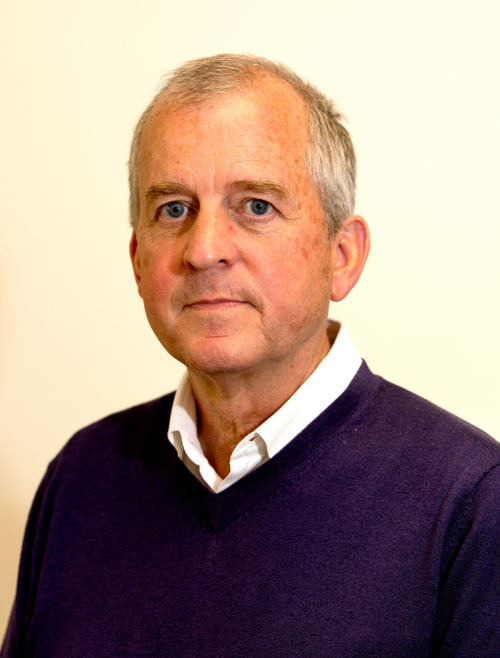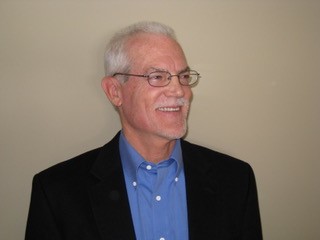By James Laflin and Robert Werth
This article was originally published in the 2020 XVIII edition of the Journal of the California Caucus of College and University Ombuds, (CCCUO). The article is shared in its entirety here with permission of the Journal of the California Caucus of College and University Ombuds, (CCCUO). Please check the link above to access the full archive of this beneficial journal.
The Premise
Given the times we're living through and all the voices that need to be heard, the premise of this essay is that we need to get much better at listening to those voices; everyone's. And we need to do it now; one conversation at a time. So, what would that look like? Here are a few small but challenging suggestions.
Action Steps
1. We need to slow down, be more present, and listen more intentionally.
2. We need to take responsibility for creating an environment where enough empathy and feeling of equality and safety exist so that all of us are willing to be more vulnerable and honest.
3. We need to check our egos and opinions at the door and encourage a new openness for other people and their ideas.
4. We need to ask more questions, particularly open questions that start with what and how that can draw out the needs and concerns driving others' thoughts, feelings and behaviors.
5. We need to practice the skill of reflecting back to a speaker what we've heard them say; not to our satisfaction, but to theirs. And, not to move on until they know they've been heard.
6. We need to have more tolerance for hearing things we disagree with or that are hurtful, without interrupting, getting angry, feeling defeated, hopeless or wanting to withdraw.
7. We need to be careful about trying to prescribe solutions before we fully understand the problem. This often takes longer than we might realize at first.
8. We need to listen to peoples' subjective needs, truths, goals and concerns.
9. We need to know when to keep disclosures confidential. Just because they are shared doesn’t mean that we can (without permission) share them with others.
10. If, as happens, we get stuck or overwhelmed, we need to give ourselves permission to take a break and ask what we could do differently next time. Apologize if needed. Then start over.
The Challenge
Admittedly, these actions won't solve all the problems facing us today. However, they could set us on a path toward building greater mutual trust and stronger, more responsible relationships. This could lead to our more fully appreciating our similarities and maybe even our differences as we let go of trying to turn others into copies of ourselves and move forward to meet the challenges ahead. We can do this, but it will have to happen one conversation at a time.
The Authors

James Laflin is the Ombudsperson at the Stanford University School of Medicine.

Robert Werth is a founder and principal of Werth & Werth, a professional counseling, mediation and executive coaching firm in Sun Valley, Idaho.
